So, What’s Ham Radio All About?
Amateur radio—better known as ham radio—is a hobby where ordinary people use radios to talk to folks across town, across the world, or even astronauts aboard the International Space Station.
Some of us build our own gear, bounce signals off satellites, or join contests. Others help at parades, marathons, or during disasters when cell towers go down.
Bottom line: it’s fun, useful, and you’ll always learn something new.
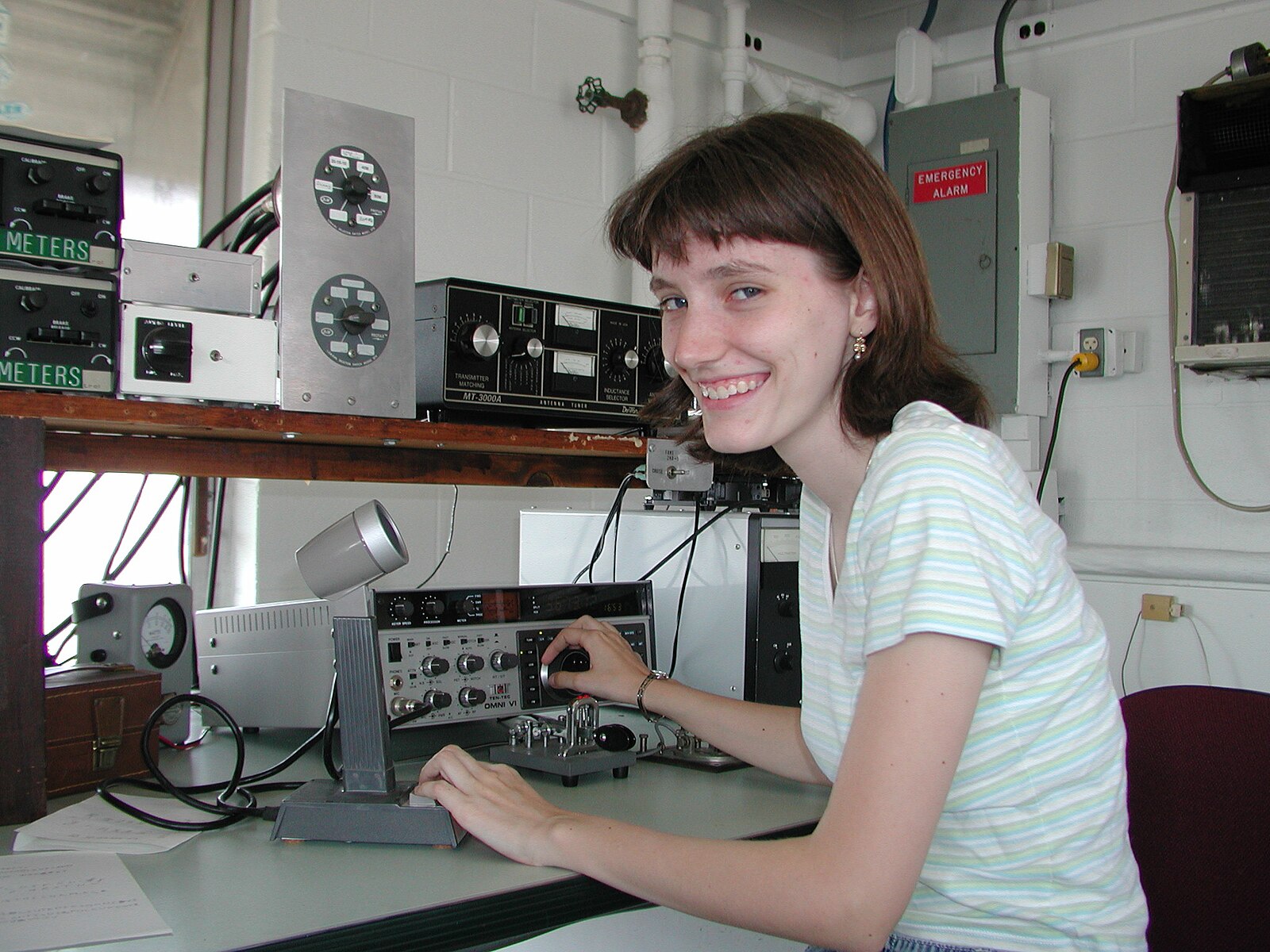
With nearly 800,000 licensed operators (known as hams) in the U.S., there’s always someone to share ideas, stories, and knowledge with. Beyond conversation, ham radio is about learning, experimenting, and giving back. Many operators explore digital communication modes, join friendly contests, or even build their own equipment.
Ham radio also plays a vital role in emergencies when cell service and the internet fail—volunteers step in to provide reliable communication for communities and first responders.
Getting started doesn’t require expensive gear. Many begin with a simple handheld radio, about the size of a walkie-talkie, while others set up mobile units in their cars or base stations at home.
Some hams enjoy experimenting with antennas, and advanced operators use powerful radios capable of reaching across the globe. Equipment can cost as little as $50 for a starter radio, or much more for high-end setups—but you can enjoy the hobby at any level.
How Do You Get Started?
Anyone can be a ham.
You just need a license from the FCC.
There are 3 license levels
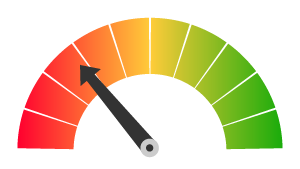
Technician
The starter license; local communication on VHF/UHF (plus satellites).
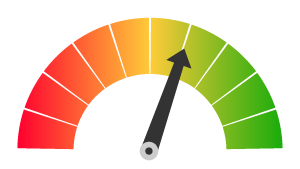
General
Unlocks worldwide high frequency (HF) waves and more contacts.
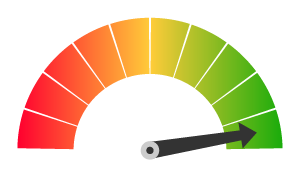
Extra
The top-level license; full privileges on all bands.
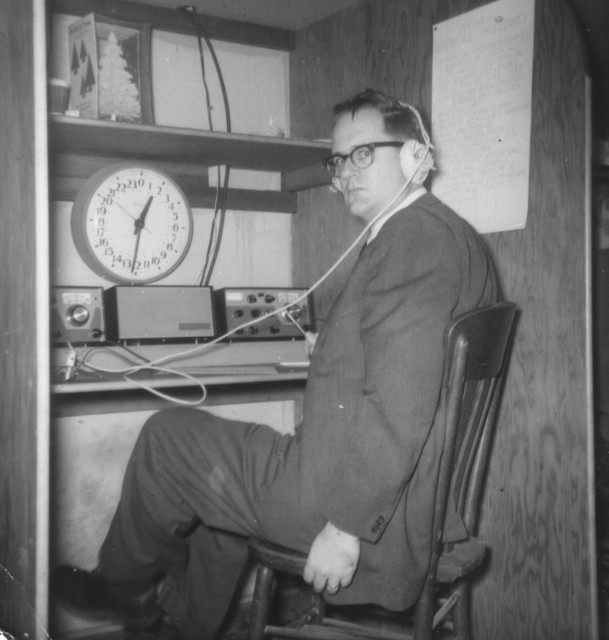
A test? Don’t panic!
The entry test is only 35 multiple-choice questions, and the answers are no secret (they’re published in books and online). Since 2007, Morse code isn’t required, though many still enjoy it as an art form.
Tests are run by volunteer hams, cost about $15, and the FCC charges $35 for a 10-year license. That’s less than a penny a day for a hobby that can literally reach space. Go to our Classes or License Testing pages for details.
Why a test for a hobby?
A ham radio license is required because the FCC wants to be sure everyone knows the basic rules and doesn’t interfere with other signals. When you pass the test, you’ll get your own call sign so you can get on the air and join the fun.
Learn the fun way
The Delaware-Lehigh Amateur Radio Club (DLARC) runs free nine-week classes (March & September) to help newcomers pass the Technician or General test.
Classes meet at the Northampton County Emergency Management Agency/911 Center in Nazareth.
We also hold testing sessions every other month.
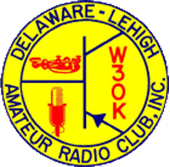
DLARC classes
DLARC runs free nine-week classes to help newcomers pass the Technician or General test.
License Testing
Ready to be tested? We also hold FCC certified testing sessions every other month.
About DLARC

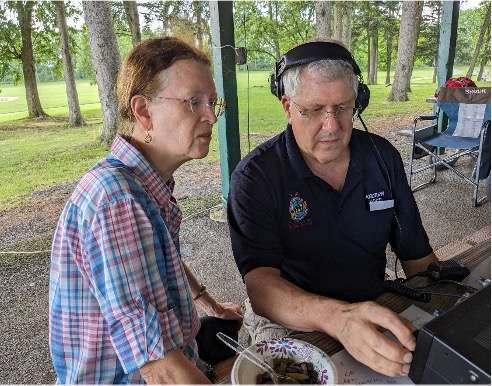
DLARC is a friendly group of hams ages 8 to 90+. We meet the first Thursday of every month at 7 PM at Nancy Run Fire Station, Bethlehem. You don’t need a license to join or attend—just curiosity.
Our club station (W3OK) at the Gracedale Complex in Nazareth, PA is open Wednesday evenings (6–9 PM) and Saturday mornings (9 AM–12PM) for licensed and non-licensed visitors alike. We’ll happily answer questions and get you on the air.
Want to dive in faster? Membership connects you with mentors, gear advice, and plenty of new friends.
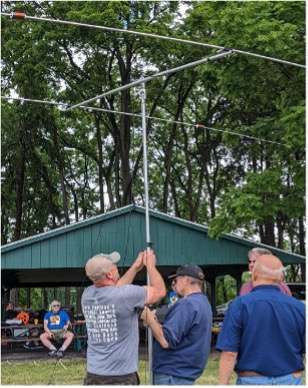
The Big Picture
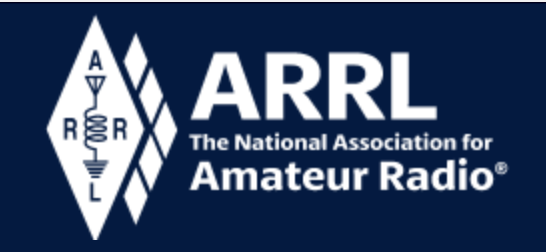
ARRL
Nationally, hams are represented by the ARRL (American Radio Relay League)—check them out at www.arrl.org.
Want to learn more? Check out these quick videos:
- You got your license, now what? (11 min) — Things you can do with your first radio: Watch
- Walter Cronkite (6 min) – Classic ham radio story: Watch
- ARRL Overview (25 min) – Deep dive into ham history: Watch
- Intro to Ham Radio (19 min) – Clear, modern explainer: Watch
- Last Man Standing (4.5 min) – TV fun, Tim Allen gets licensed: Watch
